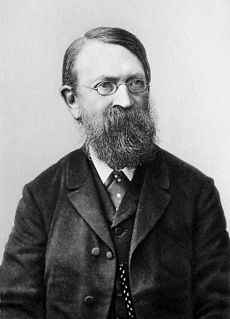Experimental AFM images have shown that the structure of polyethylene (PE) is porous at the fibril length scale where the length and the diameter of existing voids are in the order of 1 µm and 0.1 µm, respectively. However, the effects of voids on the mechanical properties of PE fibers are not well understood. We employ molecular dynamics (MD) simulations to investigate the behavior of porous PE structure under transverse pressure and the effect of porosity on the axial tensile properties of PE crystal/fibril. The presence of the void creates an undulation in the chain orientation compared to the ideal crystal/fibril with straight chains. This undulation is expected to reduce the stiffness of the system. Transverse compression is expected to collapse the void and may induce local kinking/buckling of the chains that represent defects in the structure that may reduce tensile strength. A second scenario of interest is when chain end defects fall within the length of the void. In this case, the level of transverse pressure will be reduced by the presence of the compressible voids. Compared to the baseline (no voids/straight chains), we expect the presence of voids will reduce interatomic forces between chains that govern chain slippage when subjected to transverse pressure. Preliminary studies have shown that void collapse is very sensitive to the state of the void (i.e., vacuum or gas-filled voids).

